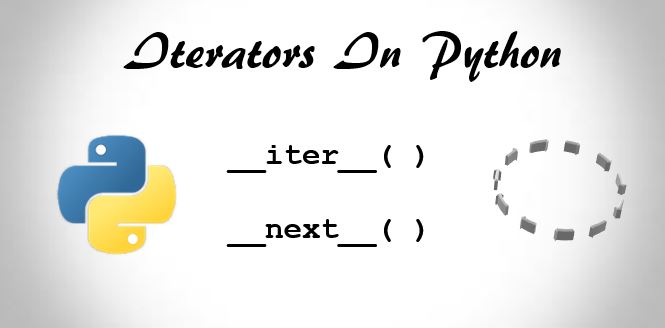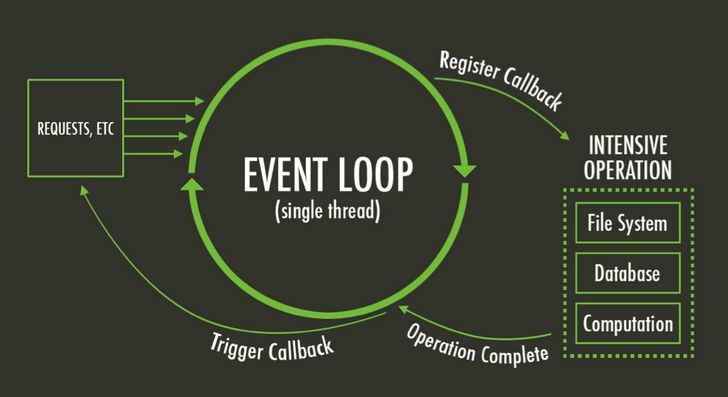Definition
Iterator is any type of python object that can be used in ‘for loop’. An iterator must implement the following methods:
- _iter_
- next (_next_ in python3)
Python lists, tuples, dicts and sets are all inbuilt iterators.
Example
Below is a example of python program that create a fibonacci iterator that iterate from 1 to given limit. For example, if limit is 5, then it would print 1, 1, 2, 3, 5. And if limit is less or equal than zero, then it would print nothing.
_iter_
This method is called on initialization of an iterator. It should return a object which has a next or _next_ method.
next ( _next_):
The iterator should have a next (_next_) method to return the next value for a iterate. The for loop would implicitly call the next (_next_) method during the iteration. This method should raise a StopIteration to signal the end of iteration.
class IteratorDemo:
def __init__(self,limit):
self.limit=limit
def __iter__(self):
self.x=0
self.y=1
return self
def __next__(self):
if self.y>self.limit:
raise StopIteration
self.x,self.y=self.y,self.x+self.y
return self.x
for i in IteratorDemo(5):
print(i)
Output:
1
1
2
3
5
for i in IteratorDemo(-1):
print(i)
# Output nothing

 Generator in Python
Generator in Python